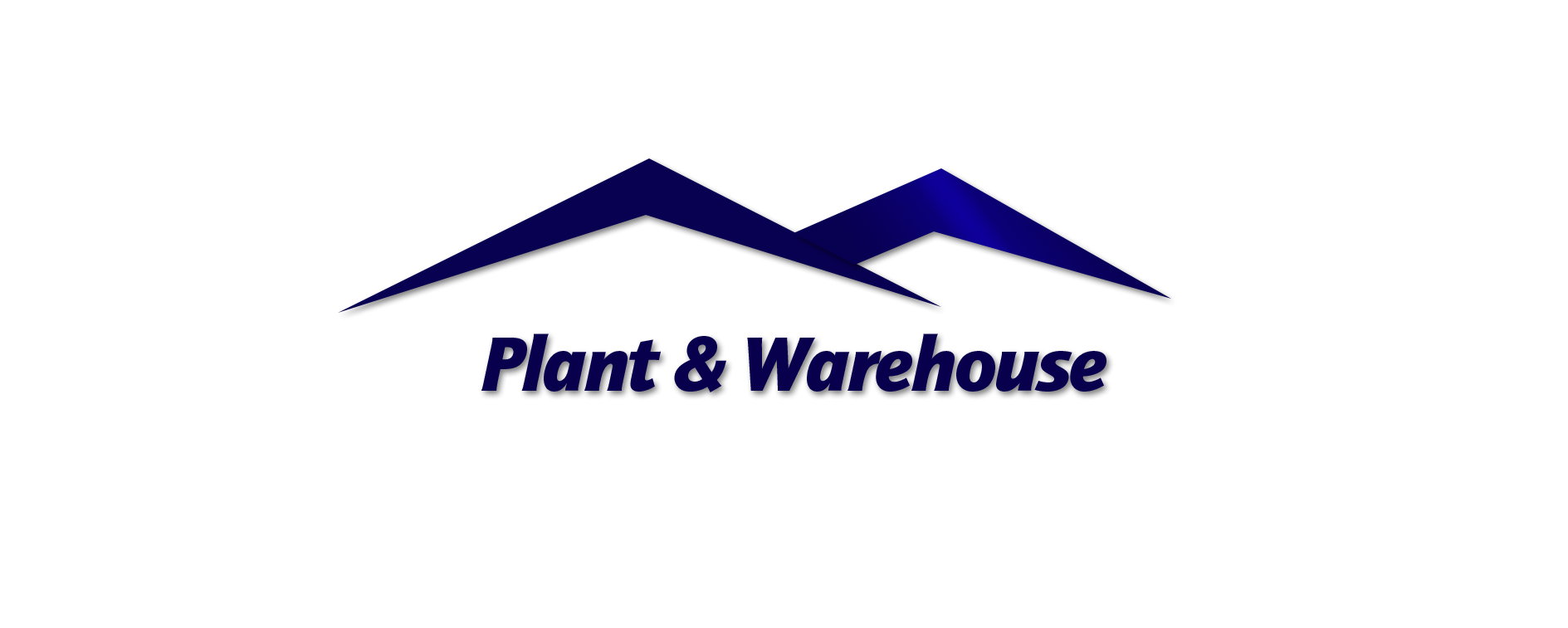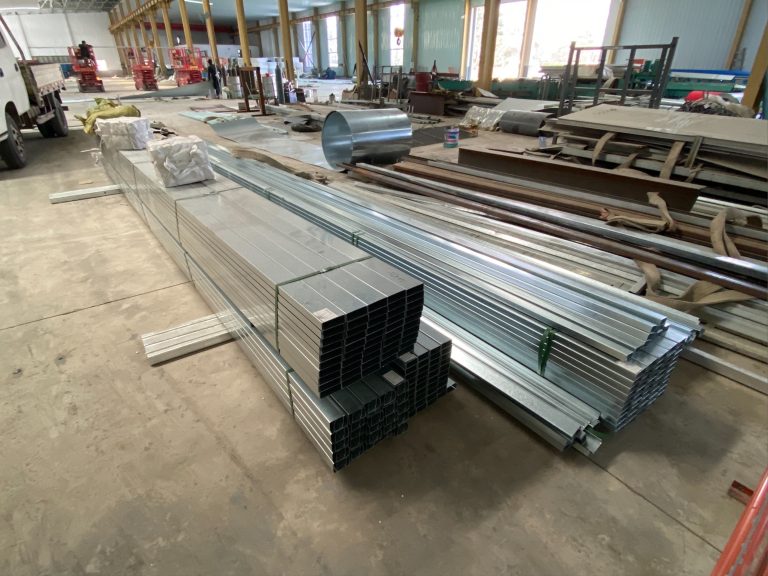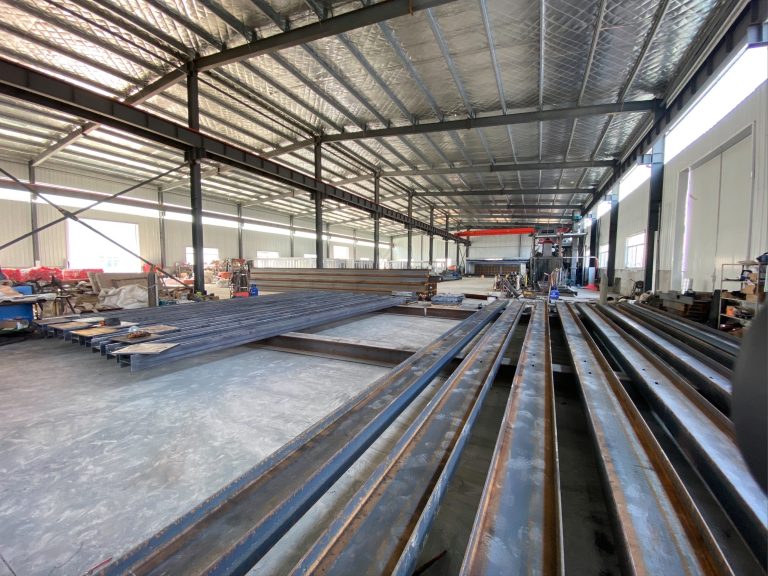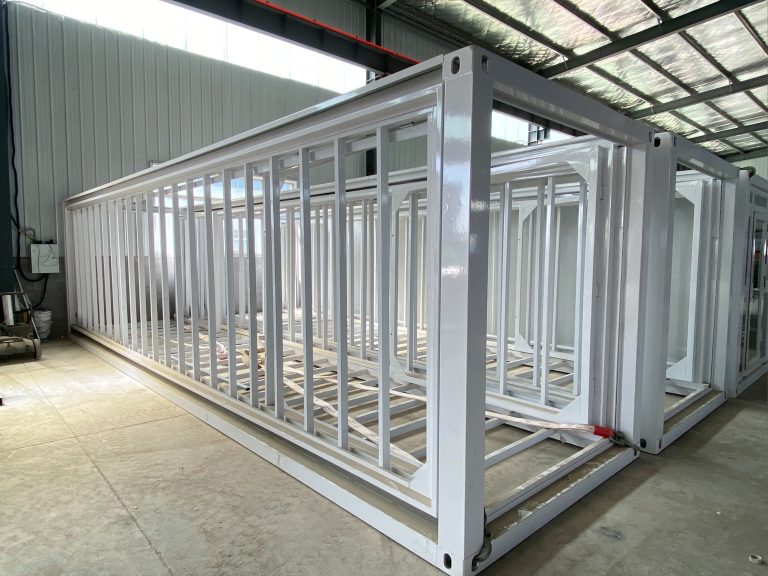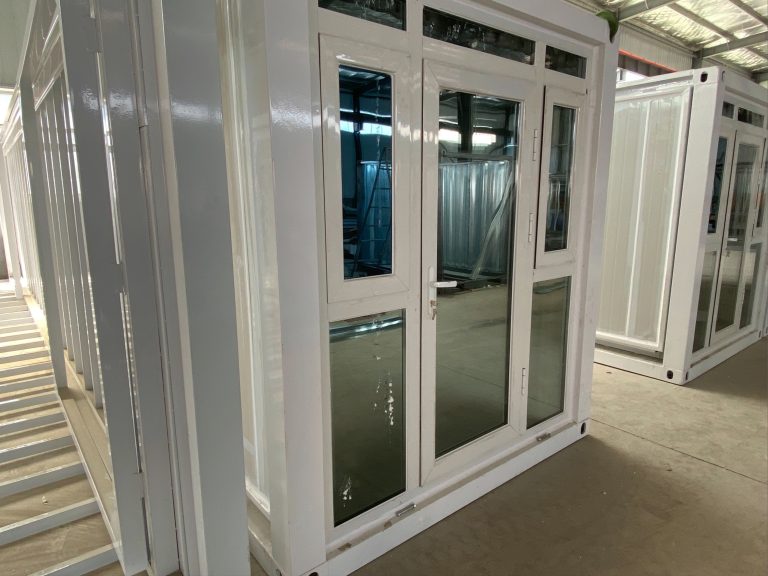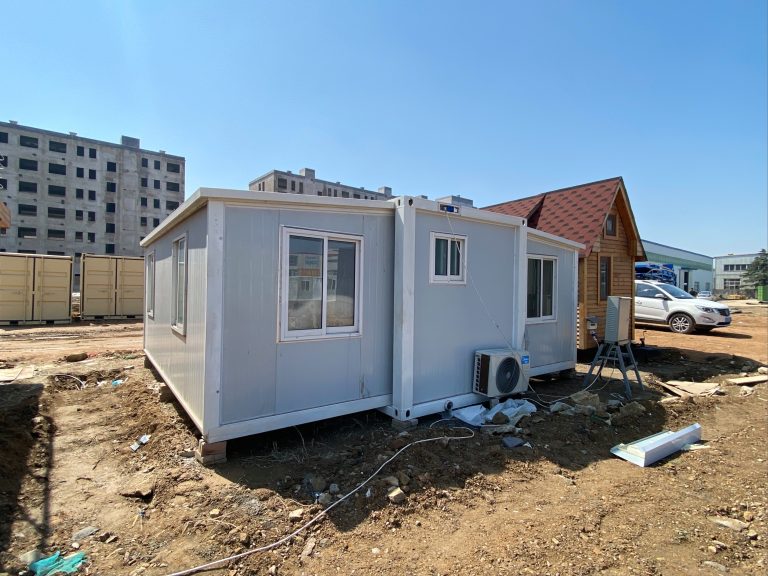The prospect and development trend of anti-rust coatings in construction industry.
Table of Contents
Benefits of Using Anti-Rust Coatings in Construction Projects
The construction industry is constantly evolving, with new technologies and materials being introduced to improve the quality and longevity of buildings. One such innovation that has gained popularity in recent years is the use of anti-rust coatings in construction projects. These coatings are designed to protect metal surfaces from corrosion, which can significantly extend the lifespan of a building and reduce maintenance costs over time.
One of the key benefits of using anti-rust coatings in construction projects is their ability to prevent corrosion. Metal surfaces are susceptible to rust when exposed to moisture and oxygen, which can weaken the structure of a building and compromise its integrity. By applying an anti-rust coating, builders can create a protective barrier that prevents moisture and oxygen from coming into contact with the metal surface, effectively reducing the risk of corrosion.
In addition to preventing corrosion, anti-rust coatings can also improve the aesthetic appeal of a building. Rust can be unsightly and detract from the overall appearance of a structure, especially in high-profile projects where visual appeal is important. By using anti-rust coatings, builders can maintain the appearance of metal surfaces and ensure that their buildings look their best for years to come.
Another benefit of using anti-rust coatings in construction projects is their cost-effectiveness. While the initial cost of applying these coatings may be higher than traditional methods of rust prevention, the long-term savings can be significant. By extending the lifespan of metal surfaces and reducing the need for frequent maintenance and repairs, builders can save money in the long run and increase the overall value of their projects.
Furthermore, anti-rust coatings are environmentally friendly, as they can help reduce the need for harsh chemicals and treatments that can be harmful to the environment. By using these coatings, builders can minimize their impact on the environment and create more sustainable buildings that are built to last.
The development trend of anti-rust coatings in the construction industry is promising, with new technologies and formulations being introduced to improve their effectiveness and durability. Manufacturers are constantly researching and developing new coatings that are more resistant to corrosion and can withstand harsh environmental conditions, making them ideal for use in a wide range of construction projects.
As the construction industry continues to grow and evolve, the use of anti-rust coatings is expected to become more widespread. Builders are increasingly recognizing the benefits of using these coatings to protect their buildings and ensure their longevity, leading to a greater demand for these products in the market.
In conclusion, the prospect and development trend of anti-rust coatings in the construction industry are promising, with builders recognizing the benefits of using these coatings to protect their buildings and reduce maintenance costs over time. By investing in anti-rust coatings, builders can create more sustainable and visually appealing structures that are built to last for years to come.
Latest Innovations and Technologies in Anti-Rust Coatings for the Construction Industry
The construction industry is constantly evolving, with new technologies and materials being developed to improve the durability and longevity of buildings and structures. One area that has seen significant advancements in recent years is anti-rust coatings. These coatings are essential for protecting metal surfaces from corrosion, which can weaken the structure and lead to costly repairs.
One of the key trends in anti-rust coatings for the construction industry is the development of environmentally friendly options. Traditional anti-rust coatings often contain harmful chemicals that can be damaging to the environment and pose health risks to those applying the coatings. In response to this, manufacturers are now producing coatings that are free from volatile organic compounds (VOCs) and other toxic substances. These eco-friendly coatings are not only better for the environment, but they also provide a safer working environment for construction workers.
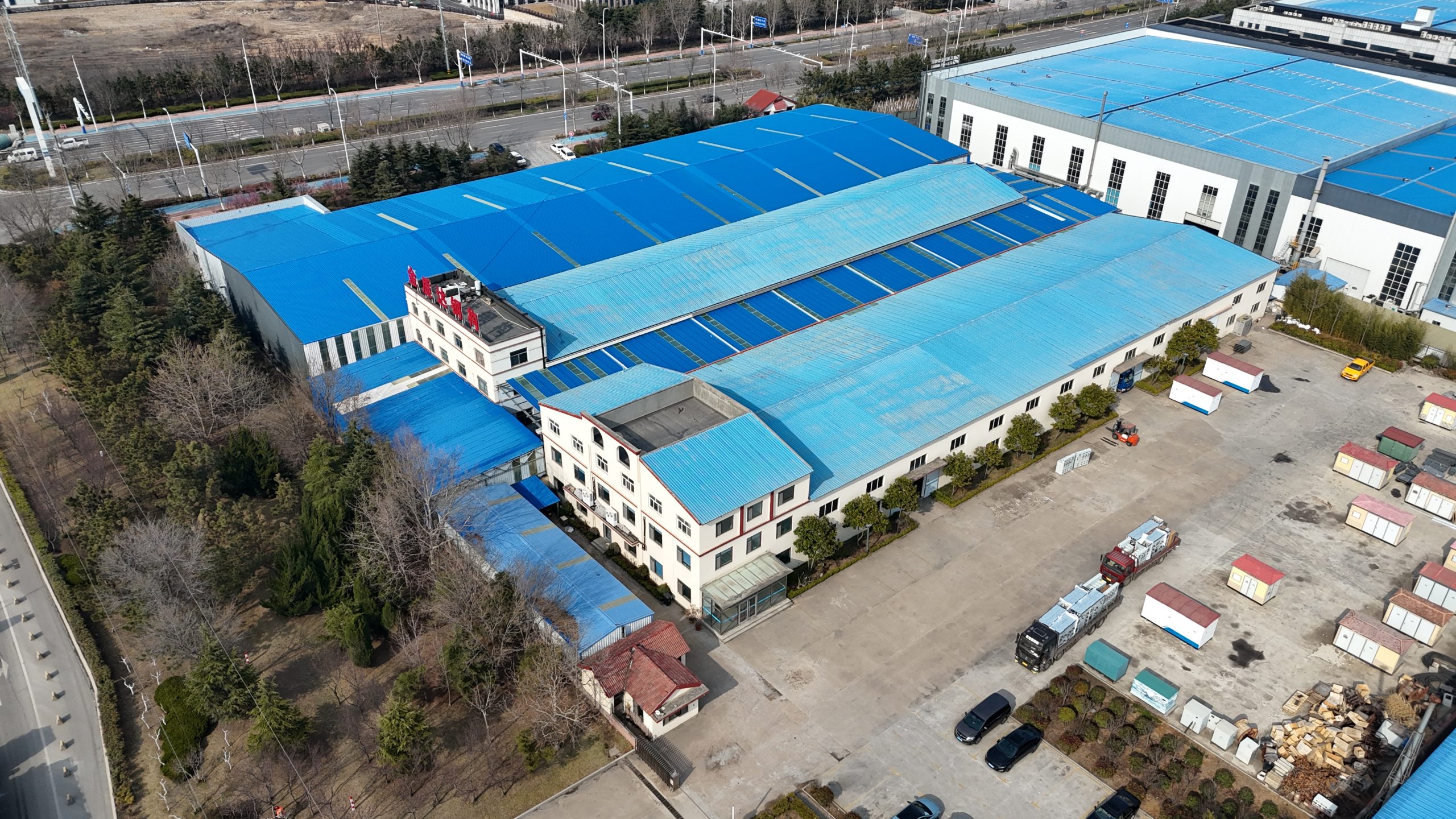
Another important trend in anti-rust coatings is the use of nanotechnology. Nanocoatings are ultra-thin layers of material that are applied to metal surfaces to provide protection against corrosion. These coatings are incredibly durable and can withstand harsh environmental conditions, making them ideal for use in construction projects. Nanocoatings are also highly resistant to abrasion and impact, ensuring that the metal surfaces remain protected for years to come.
In addition to being environmentally friendly and durable, anti-rust coatings are also becoming more versatile. Manufacturers are now producing coatings that can be applied to a wide range of metal surfaces, including steel, aluminum, and copper. This versatility allows construction companies to use a single coating for multiple applications, reducing the need for multiple products and simplifying the coating process.
One of the most exciting developments in anti-rust coatings is the use of smart coatings. These coatings contain sensors that can detect changes in the environment, such as temperature and humidity, and adjust their properties accordingly. For example, a smart coating may become more resistant to corrosion when exposed to high levels of moisture, providing an extra layer of protection for metal surfaces. Smart coatings are still in the early stages of development, but they have the potential to revolutionize the way anti-rust coatings are used in the construction industry.
As the demand for anti-rust coatings continues to grow, manufacturers are investing in research and development to create new and innovative products. One area of focus is the development of self-healing coatings, which can repair small scratches and cracks in the coating without the need for manual intervention. These coatings are still in the experimental stage, but they have the potential to greatly extend the lifespan of metal surfaces in construction projects.
Overall, the future of anti-rust coatings in the construction industry looks bright. With advancements in eco-friendly materials, nanotechnology, versatility, and smart coatings, construction companies have more options than ever for protecting metal surfaces from corrosion. As technology continues to evolve, we can expect to see even more innovative solutions that will help to improve the durability and longevity of buildings and structures for years to come.
